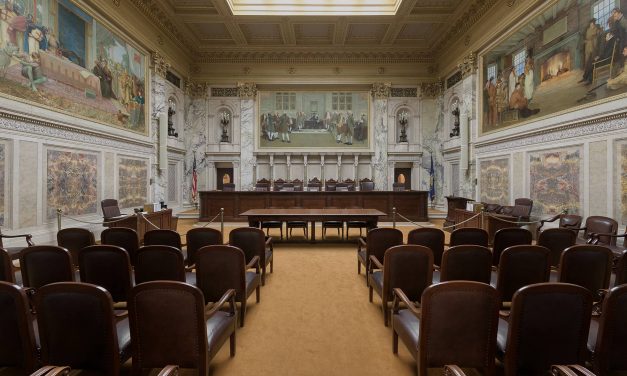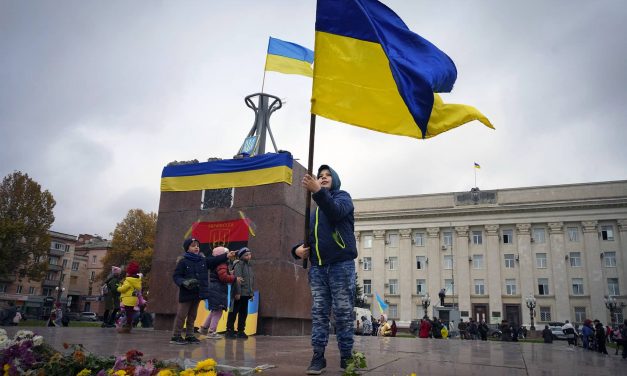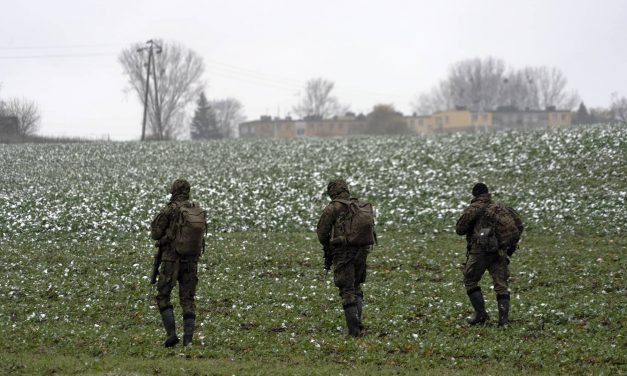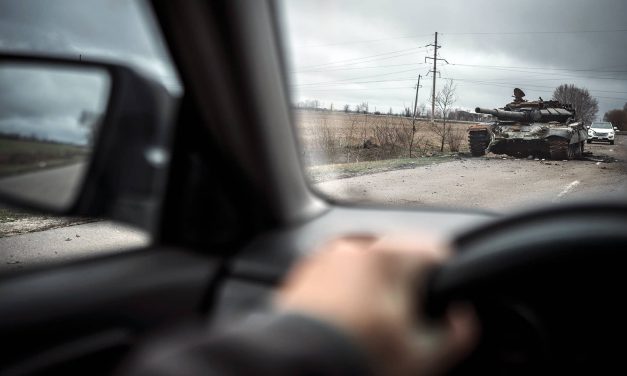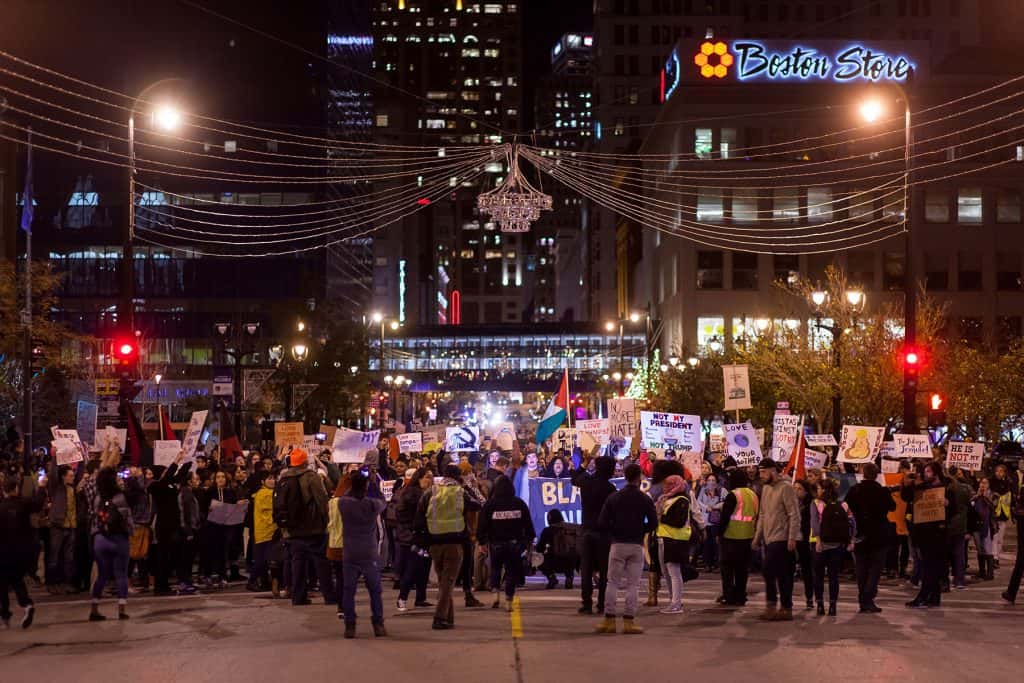How the Boomer generation let political fat-cats rob Millennials and Zoomers of their future wealth
Dear Millennials and Zoomers: back in the 1980s a lot of us worked like hell to try to stop the Reagan revolution. We failed. The next two years may be our last chance to save American democracy, our environment, and what’s left of the American middle-class. When my Boomer generation was the same average age as the Millennial generation is today, back in 1990, our generation held 21.3% of the nation’s wealth. Louise and I shared in that wealth; although we were still in our 30s, in 1990 we owned a profitable small business (our fourth) and a nice home in suburban Atlanta....
Read More

